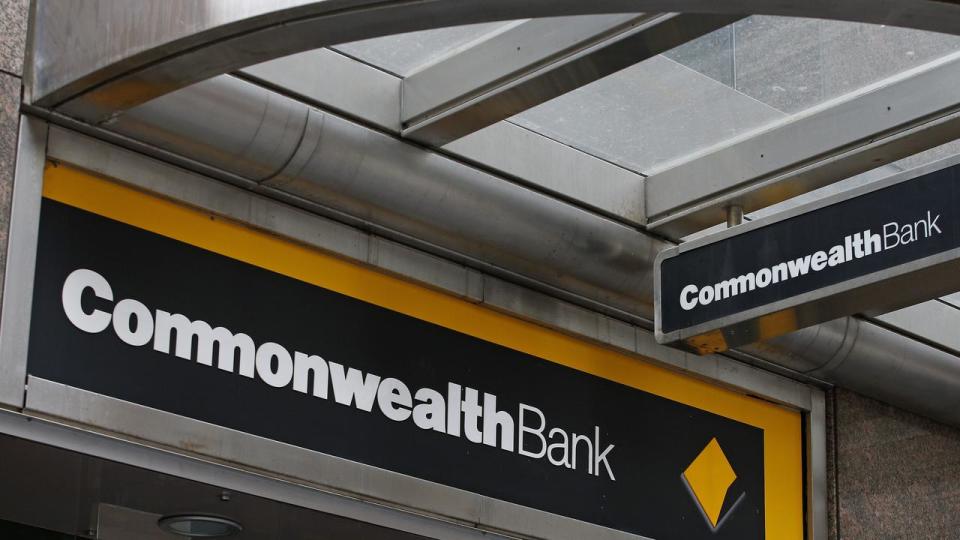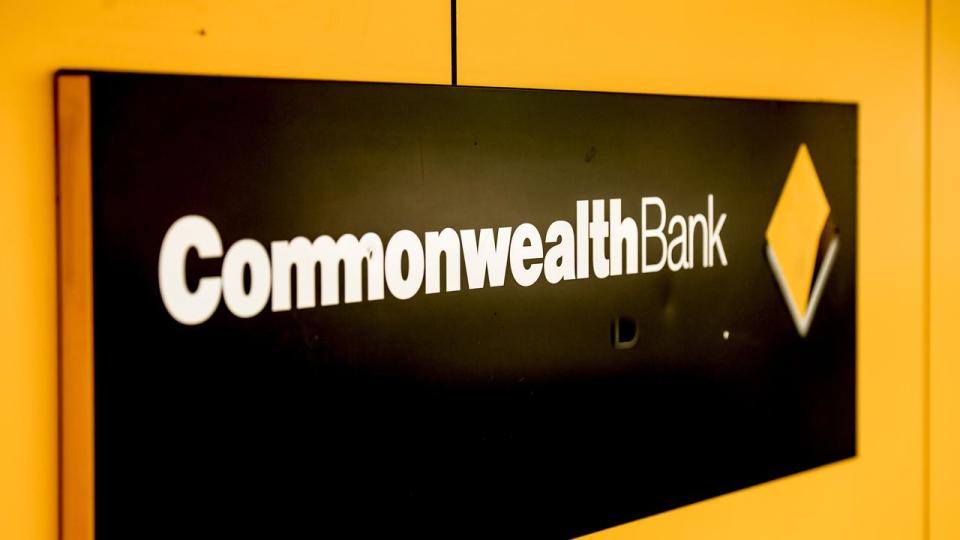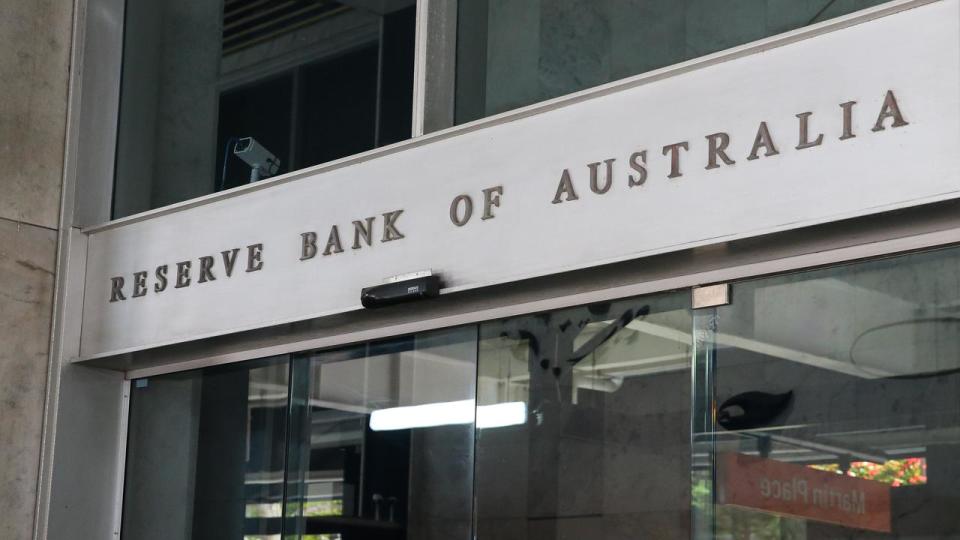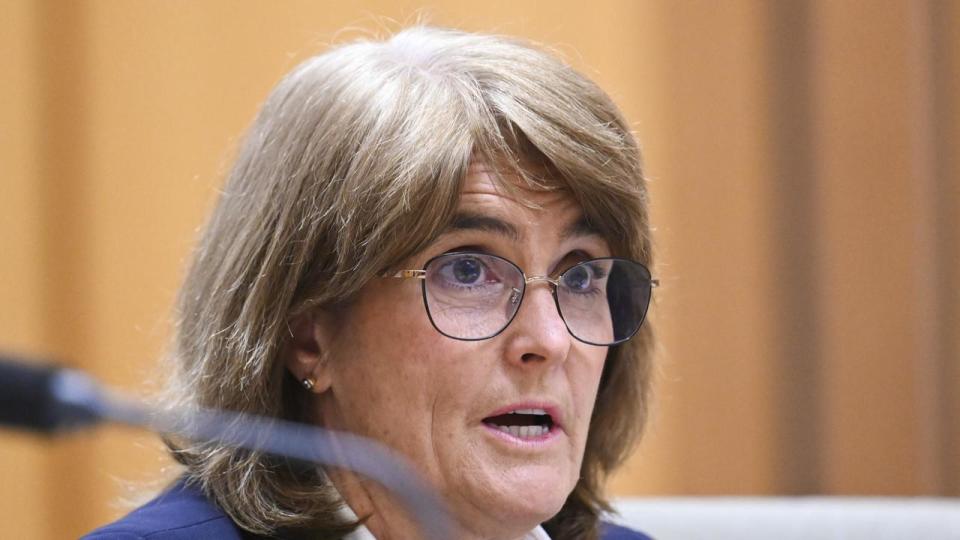Major bank’s warning on rate cut risk

A major Aussie bank has issued a major call ahead of the Reserve Bank’s board meeting in a week, warning any rate cuts for struggling mortgage holders will be later, rather than sooner, in the year.
The Reserve Bank of Australia (RBA) is widely expected to leave the cash rate unchanged when the board next meets in what has been called a “straightforward” prediction in the wake of the federal budget.
But Commonwealth Bank now warns the easing cycle is only expected to start later amid a “wide range of uncertainty” on inflation estimates.
CBA head of Australian economics Gareth Aird said there was nothing in recent labour market data that would influence the RBA to change their tune in either direction of the policy outlook.
He said CBA predicted the cash rate would be left on hold in the context of the labour market “loosening” at all key levels.

“Trend unemployment and underemployment are on a gradual upward path,” Mr Aird said in CBA Economics’ latest update.
“Hours worked is weak. And job advertisements are on a clear downward trend.
“Our expectation for a more material loosening in the labour market relative to the RBA’s forecasts is a key reason why our base case sees the RBA commence an easing cycle in late 2024.
“But given the challenging underlying inflation backdrop and a shortening runway between now and November, the risk to our call is increasingly moving towards a later start date for an easing cycle.”
Mr Aird said economic growth had ground to a halt based on first-quarter national accounts, with GDP only growing by just 0.1 per cent in the March quarter.
The six-month annualised pace of GDP growth fell to 0.8 per cent.
The RBA has forecast the unemployment rate to average to 4.0 per cent over the second quarter – in line with the latest forecast.


While the bank’s non‑accelerating inflation rate of unemployment is estimated at 4.3 per cent, Mr Aird said there was wide uncertainty over the estimates.
RBA governor Michelle Bullock has already said she does not think the federal government’s $300 rebate on energy bills will have a “material impact” on reducing inflation levels but was also unlikely to make inflation any worse.
Earlier CBA economic predictions found the rebates would shave two‑thirds of a percentage point off the third quarter’s CPI, Mr Aird said.
“This is clearly material, but the RBA is more focused on the underlying pulse of inflation, which will strip out the impact of the energy rebates,” he said.
“We take the view that the mechanical lowering in headline inflation from Q3 due to rebates will help to lower near-term inflation expectations for households and businesses.
“This in turn will help to anchor wages expectations over 2024/25.”
Mr Aird said the RBA was expected to maintain a neutral bias in the statement accompanying the board’s decision.

 Yahoo Finance
Yahoo Finance 